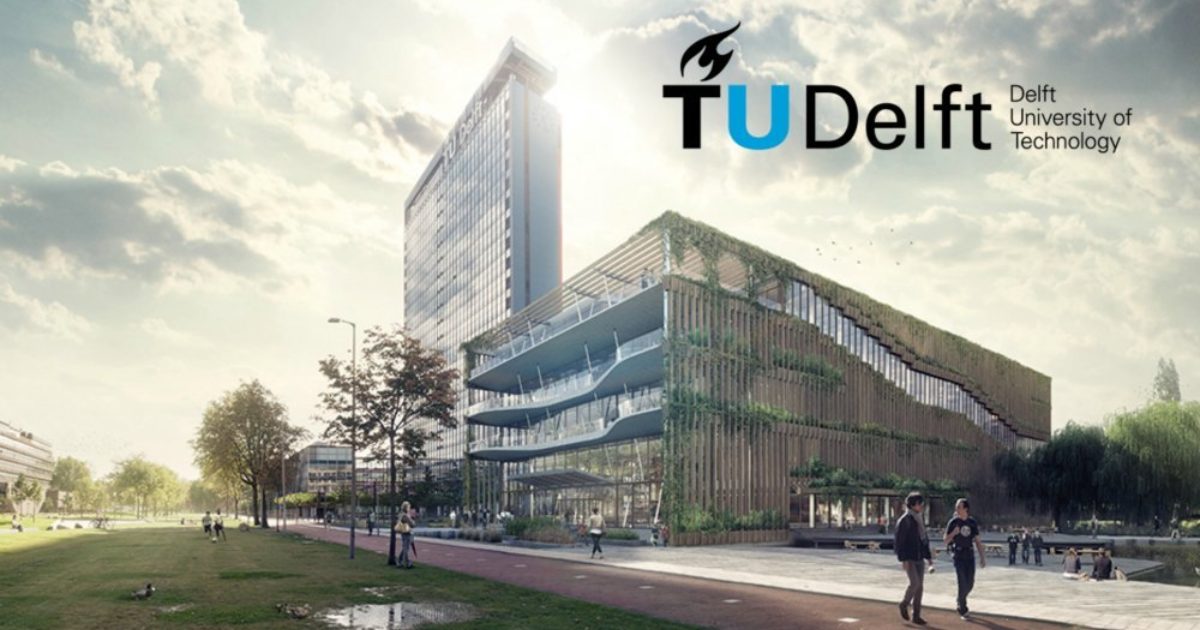TU Delft: TU Delft supercomputer officially opened
Research, education and innovation
High Performance Computing (HPC) is a pervasive technology that can contribute to the excellence of research, education and innovation at TU Delft. For example, it makes it possible to use simulations for research instead of complicated or time-consuming experiments. At the same time, combining and calculating different data sources can yield new insights. This makes HPC a powerful tool for various disciplines, such as materials science, fluid dynamics, quantum mechanics, design optimisation, big-data mining and artificial intelligence (AI).
Fastest computers in the world
A supercomputer consists of a large number of powerful processors that can be used together to achieve a computing capacity far beyond that of a standard computer. The Delft computer, with a speed of two petaflops (one million times one billion calculations per second), comes in at around 250th place of the 500 fastest computers in the world.
A long-cherished wish
Since 1984, universities have been able to use the supercomputers of the Stichting Academisch Rekencentrum Amsterdam (SARA), now part of SURF. “That went well for a long time, but eventually scientists started to miss something local that was only available in Amsterdam,” says professor Kees Vuik. He is both scientific director of the DHPC and the Delft Institute for Computational Science and Engineering (DCSE).
Complex challenges
With this enormous extra computing power, TU Delft will be better able to respond to society’s increasingly complex challenges. Rector magnificus Tim van der Hagen says in this video: “I am very enthusiastic about supercomputer DelftBlue on our campus. Our motto as TU Delft is to have impact for a better society, and we all know that the challenges that we are facing are becoming more and more complex. That’s why we need enormous computer power.”

